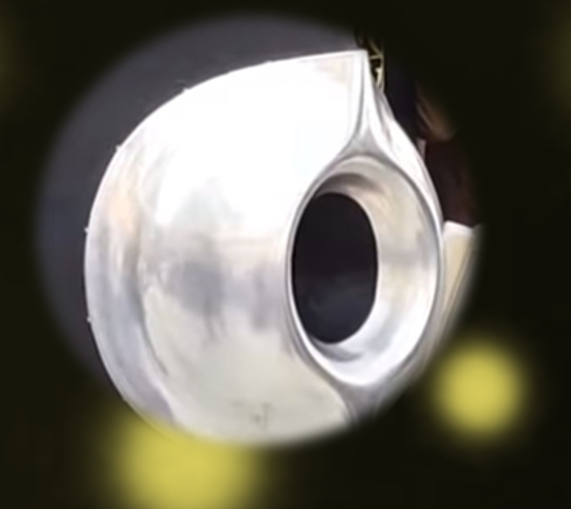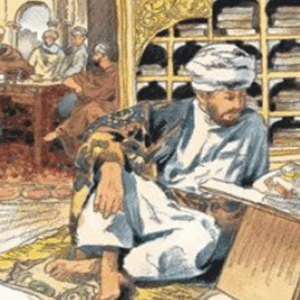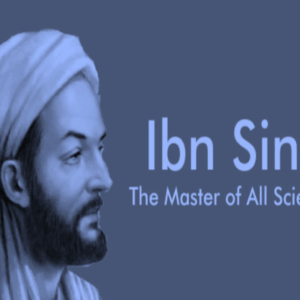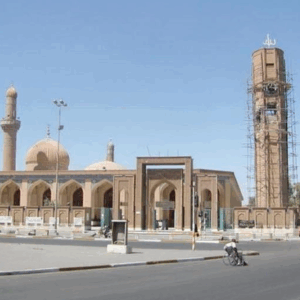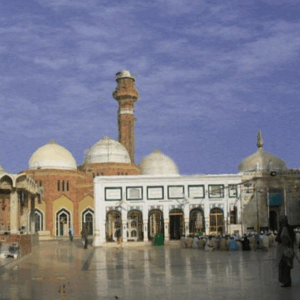Major Muslim Contributions That Helped Shape the Modern World
-
Discovery of Coffee
According to tradition, an Arab goat-herder noticed his goats becoming energetic after eating certain berries. Curious, he boiled the berries and created what became the world’s first coffee. -
Revolution in Optics and the First Camera
While ancient Greeks believed that vision came from rays emitted by the eyes, the 10th-century Muslim scholar Ibn al-Haytham proved that sight occurs when light enters the eye. His experiments with light passing through small openings led him to invent the first pinhole camera, showing that the smaller the hole, the sharper the image. -
Development of Chess
Modern chess evolved from a game played in ancient Persia. The word “rook” comes from the Persian term rukh, meaning “chariot.” -
Early Attempts at Flight
Centuries before the Wright brothers, Muslim scholar and inventor Abbas ibn Firnas attempted flight. In 852 he designed an early parachute, and later, at age 70, he flew for several minutes using a glider made from silk and feathers. An airport in Baghdad is named in his honor. -
Invention of Soap and Introduction of Shampoo
Muslims practiced regular bathing at a time when Europe discouraged it. They created the recipe for modern soap using vegetable oils, sodium hydroxide, and fragrant oils. A Muslim traveler later introduced shampoo to England. -
Foundations of Modern Chemistry
The 8th-century scientist Jabir ibn Hayyan transformed ancient alchemy into chemistry. He developed essential techniques—distillation, evaporation, crystallization, filtration, purification, oxidation—and discovered vital acids like sulfuric and nitric acid. He invented the alembic still and laid the foundation for the scientific method. -
Influence on Gothic Architecture
The pointed arch, a hallmark of Gothic cathedrals, was inspired by Islamic architecture. Muslims also introduced ribbed vaulting, dome-building methods, and rose windows. Their rounded defensive towers were more effective than European square ones, and even Henry V’s castle architect was a Muslim. -
Advances in Surgery and Medicine
The 10th-century surgeon Al-Zahrawi designed many surgical tools still used today—scalpels, forceps, bone saws, and fine scissors. He discovered that catgut dissolves naturally, making it ideal for internal stitches.
Another Muslim physician, Ibn Nafis, explained blood circulation centuries before William Harvey. Muslims also developed early anesthetics and hollow needles for cataract removal. -
The First Windmill
In 634, a Muslim engineer built the world’s first windmill to pump water and grind grain in desert regions where steady winds were the only reliable power source. Europe adopted windmills about 500 years later. -
Early Vaccination Techniques
Decades before Western medicine learned about inoculation, Muslim communities in Turkey were vaccinating children using cowpox to protect against smallpox. The practice reached Europe in 1724 via an ambassador’s wife who observed it in Istanbul. -
Invention of the Fountain Pen
In 953, the Egyptian Sultan requested a pen that would not leak ink. A Muslim inventor created the first fountain pen, which used a reservoir to control ink flow. -
Arabic Numerals and Mathematical Innovation
Modern numerals, algebra, algorithms, and major developments in trigonometry came from Muslim mathematicians around 825 CE. Al-Kindi introduced frequency analysis, forming the basis of modern cryptology. Fibonacci later brought these ideas into Europe. -
Three-Course Meals and Crystal Glassware
The tradition of serving meals in three courses—soup, then meat or fish, followed by fruits and nuts—was introduced to Spain by the Iraqi musician and scholar Ziryab. He also popularized crystal glass dining items. -
Carpets, Textiles, and Artistic Design
Advanced weaving techniques, new dyes, and complex geometric patterns in Islamic art brought Persian and Arabian carpets to Europe, transforming bare floors into decorated living spaces. -
Origins of the Checking System
To avoid carrying money across dangerous routes, Muslims developed a system similar to modern checks. A written promise allowed a merchant in Baghdad to cash a check in places as far as China. -
Leadership in Astronomy
Muslim astronomers accepted that the Earth was spherical centuries before Galileo. In the 9th century, Ibn Hazm noted that the Sun stands directly above certain places, proving Earth’s curvature. Their measurement of Earth’s circumference was incredibly accurate—off by less than 200 km.
In 1139, Al-Idrisi created a world globe for the king of Sicily. -
Development of Military Gunpowder
Although gunpowder began in China, Muslims developed formulas that made it effective in warfare. Their rockets and naval explosives terrified Crusaders. -
The Garden as a Place of Beauty
Muslims introduced the idea of gardens for beauty, peace, and meditation—not just food. This concept spread from Muslim Spain in the 11th century. Europeans later adopted flowers like carnations and tulips, which originated from Islamic gardens.
